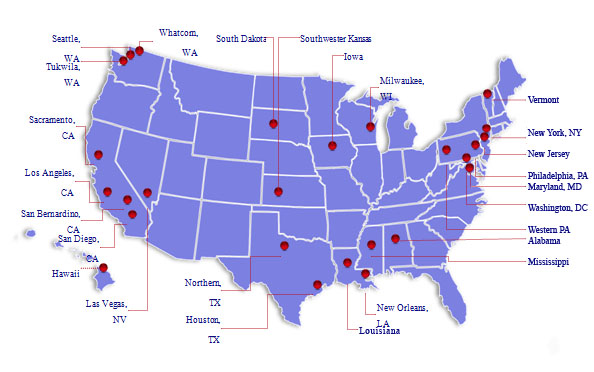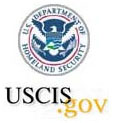Overview
Overview of the EB-5 Program

Benefits of Investing through the EB-5 Program Investors who donate $1,000,000 and create at least 10 full-time jobs, whether directly or indirectly, are eligible for permanent resident status. The minimum required investment is reduced to $500,000 when investing in a Targeted Employment Area (TEA) or Rural Area. 10,000 green cards are set aside each year for participants in the EB-5 Program.
The Success of the EB-5 Program In the past ten years, the EB-5 Program has grown dramatically and cemented its importance as a successful vehicle for channeling foreign investment into local economic growth. It has become increasingly popular with investors and business owners alike: foreigners benefit from currency exchange rates, and businesses embrace an alternative to bank loans, which are often difficult to secure. The Program’s strong bipartisan support is evidenced in its extension passing unanimously in the House of Representatives. The Wall Street Journal and the New York Times have both lauded the Program’s success and efficiency at simultaneously providing capital for businesses, jobs for residents, and green cards for investors.

In 2008, the Program garnered $750 million in investment funds and created over 10,000 new jobs in a myriad of industries. In 2010, the government expects the Program to raise over $2 billion in foreign investment and create over 40,000 jobs.

The EB-5 Program is overseen by the Investor and Regional Center Unit (IRCU) of U.S. Citizenship and Immigration Services (USCIS). 15,000 federal employees working in 250 offices worldwide are tasked with administering the Program. Their duties range from managing immigration and naturalization legal procedures to establishing immigration services and policies. Resources, forms, and more information on the EB-5 Regional Center Program can be found on the USCIS website.